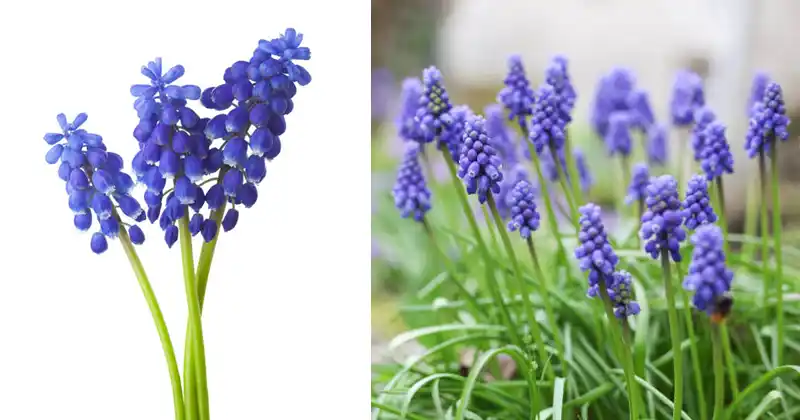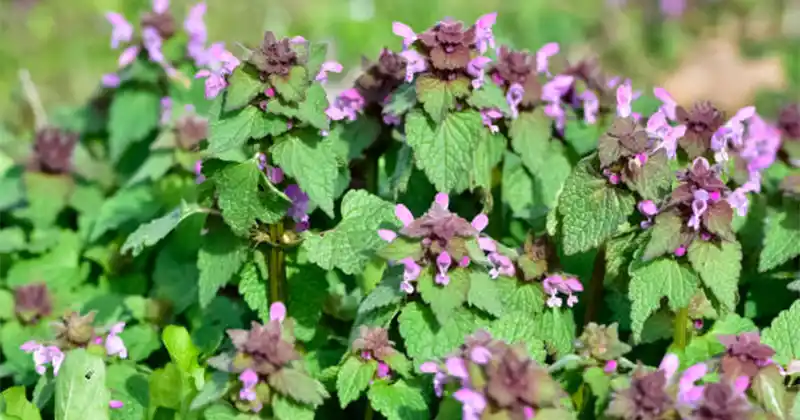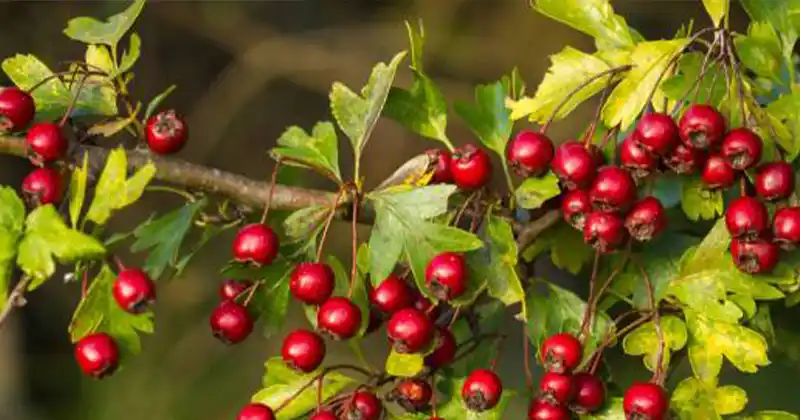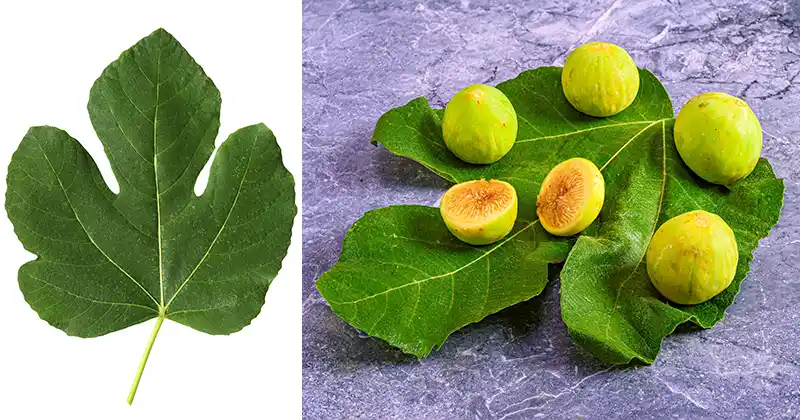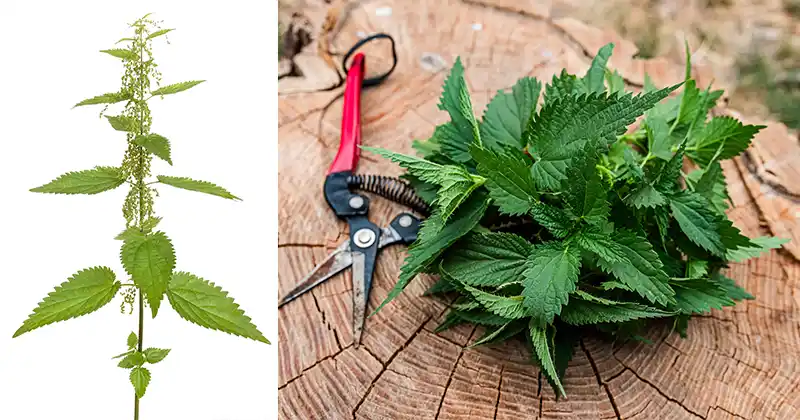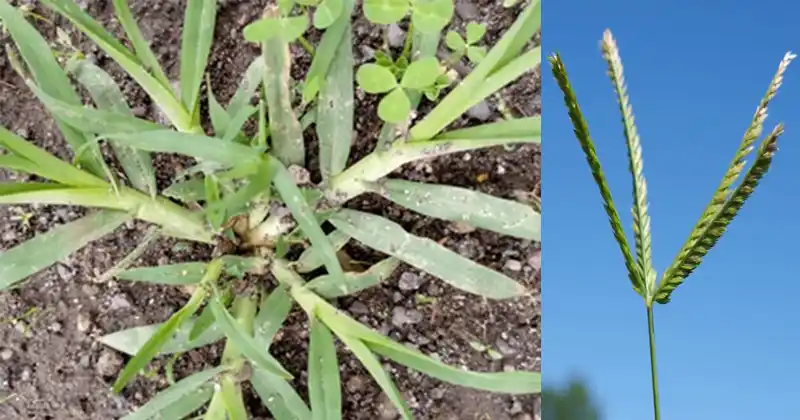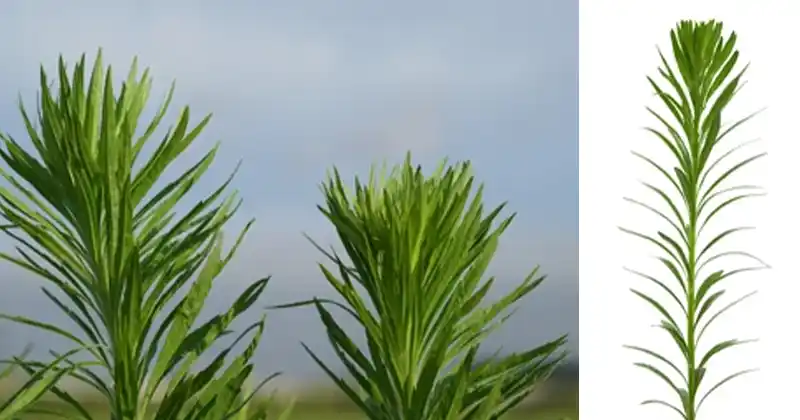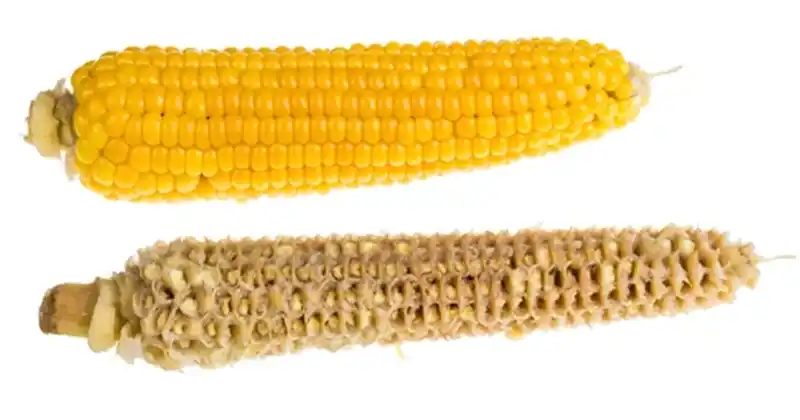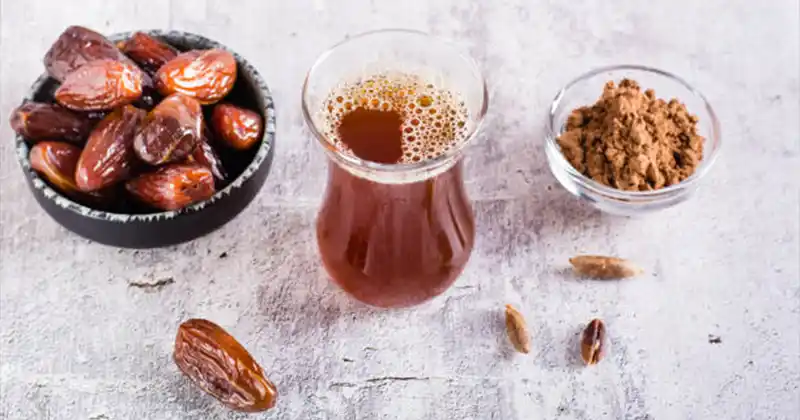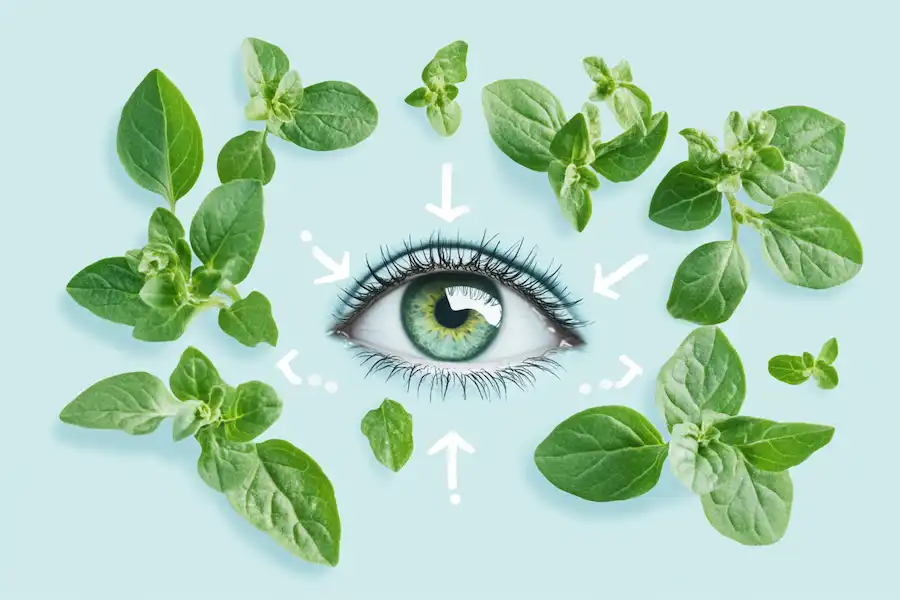Dwarf Mallow (Malva neglecta): A Powerhouse of Health Benefits and Uses
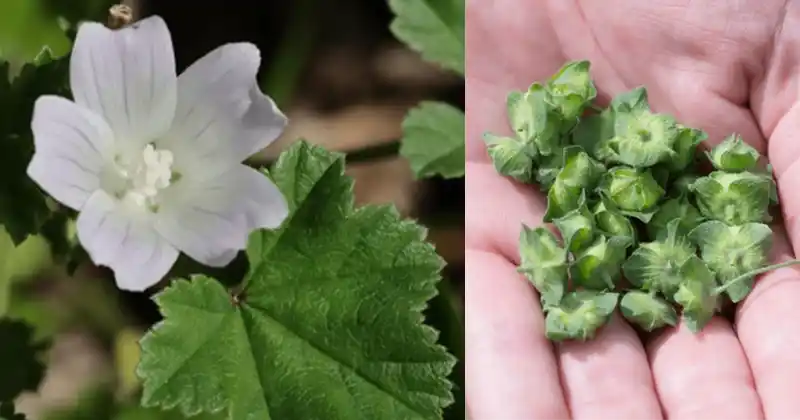
Dwarf Mallow (Malva neglecta), commonly referred to as “common mallow” or “cheeseweed,” is a resilient and widespread plant found in temperate regions across the globe. Known for its humble appearance and tendency to grow in neglected or disturbed areas, it often goes unnoticed by many. However, this inconspicuous herb has been treasured for centuries for its therapeutic properties. Traditional medicine has long utilized the leaves, flowers, and seeds of dwarf mallow to treat a variety of health conditions. In recent years, its numerous benefits have gained recognition once again as more people turn to natural remedies for wellness.
Packed with vitamins, minerals, and bioactive compounds, Dwarf Mallow is not just a weed but a valuable medicinal plant. Let’s explore the amazing benefits and various uses of this remarkable herb.
30 Benefits of Dwarf Mallow (Malva neglecta)
- Anti-inflammatory Properties: Dwarf Mallow helps reduce inflammation throughout the body, making it useful for conditions like arthritis, swollen joints, and muscle pain.
- Soothes Respiratory Ailments: It is a traditional remedy for soothing respiratory issues such as bronchitis, coughs, and sore throats, thanks to its mucilage content.
- Eases Digestive Discomfort: The plant has been used to alleviate gastrointestinal discomfort, including indigestion, bloating, and constipation.
- Relieves Skin Irritations: Applying mallow topically can calm irritated skin, burns, rashes, and insect bites due to its soothing and anti-inflammatory qualities.
- Promotes Wound Healing: The antimicrobial and anti-inflammatory compounds in Dwarf Mallow make it effective for speeding up the healing process of wounds and cuts.
- Aids in Urinary Health: Dwarf Mallow has been traditionally used to promote urinary health, preventing infections and improving kidney function.
- Reduces Mouth and Throat Irritations: Gargling with a mallow infusion can ease mouth sores, throat irritations, and even mild infections.
- Laxative Effect: It has gentle laxative properties, making it beneficial for treating occasional constipation without harsh side effects.
- Supports Immune Health: The plant’s rich antioxidant content helps to boost the immune system, protecting the body from infections.
- Helps with Menstrual Cramps: Mallow tea can be a natural remedy to relieve menstrual cramps and discomfort.
- Antioxidant-Rich: Its leaves and flowers are high in antioxidants, which combat oxidative stress and reduce the risk of chronic diseases.
- Hydrates the Skin: The mucilage in Dwarf Mallow can be used as a natural moisturizer, making it excellent for dry or chapped skin.
- Anti-Aging Benefits: The antioxidant properties help protect skin from aging by reducing wrinkles and fine lines.
- Calms Allergic Reactions: The anti-inflammatory compounds may help reduce mild allergic reactions and skin irritations.
- Prevents Colds and Flu: Mallow’s immune-boosting properties can help fend off common colds and flu, especially when taken as a tea.
- Improves Hair Health: The mucilage can be used as a natural conditioner to hydrate and strengthen hair, reducing breakage and split ends.
- Natural Sleep Aid: Mallow tea has mild sedative properties, helping to induce relaxation and improve sleep quality.
- Treats Hemorrhoids: Due to its anti-inflammatory and soothing properties, it can be used to ease discomfort from hemorrhoids.
- Improves Oral Health: Chewing the leaves or using a mallow-based mouthwash can help improve gum health and reduce inflammation in the mouth.
- Balances the Gut Flora: Its prebiotic properties can encourage the growth of beneficial bacteria in the gut, improving digestive health.
- Reduces Fever: Mallow tea has traditionally been used to reduce fever by promoting sweating and cooling the body.
- Helps with Asthma: Its anti-inflammatory and soothing qualities can help ease asthma symptoms by calming the respiratory tract.
- Detoxifies the Body: Dwarf Mallow is believed to support the liver’s detoxification process, helping to rid the body of toxins.
- Promotes Weight Loss: Its diuretic properties can help reduce water retention, while its gentle laxative effect supports digestion and detoxification.
- Improves Vision Health: The plant contains nutrients that can support healthy vision, protecting the eyes from oxidative damage.
- Helps with Irritable Bowel Syndrome (IBS): Its soothing properties can reduce symptoms of IBS such as cramping, bloating, and diarrhea.
- Strengthens the Respiratory System: Regular use of Dwarf Mallow can help strengthen the respiratory system, reducing the frequency of infections.
- Prevents Ulcers: Its mucilage content can help protect the stomach lining, preventing ulcers and aiding the healing process.
- Relieves Muscle Pain: Applying mallow poultices can reduce muscle soreness and spasms, offering relief for athletes and those with muscle strain.
- Improves Circulation: It has been traditionally used to improve blood circulation, which can support heart health and reduce the risk of cardiovascular diseases.
How to Use Dwarf Mallow (Malva neglecta)
- Tea: Dwarf Mallow tea is made by steeping the leaves or flowers in hot water for 10-15 minutes. This soothing drink is excellent for digestive issues, colds, and respiratory problems.
- Poultice: Crush fresh leaves and apply them directly to the skin to treat burns, insect bites, and rashes. You can also wrap them in a clean cloth and apply it as a compress to wounds.
- Salves and Creams: Dwarf Mallow can be infused into oils or mixed into homemade salves to use for skin conditions, including eczema, psoriasis, and dry skin.
- Culinary Uses: The young leaves can be added to salads, soups, or smoothies for a nutritious boost. The mild taste of the leaves makes them a great addition to many dishes.
Disclaimer
While Dwarf Mallow is generally considered safe, some individuals may experience allergic reactions, especially when used topically. It is essential to consult a healthcare provider before using it for medicinal purposes, particularly for pregnant or breastfeeding women, individuals with preexisting medical conditions, or those taking other medications.
Dwarf Mallow (Malva neglecta) is a versatile and valuable plant that offers a wealth of health benefits. From soothing digestive issues to promoting respiratory health and supporting skin care, this plant can be a natural remedy for various ailments. Incorporating it into your daily routine, whether through teas, topical applications, or culinary use, can provide you with a holistic approach to well-being. However, it’s always best to approach herbal remedies with care and consult with a healthcare professional when necessary.
